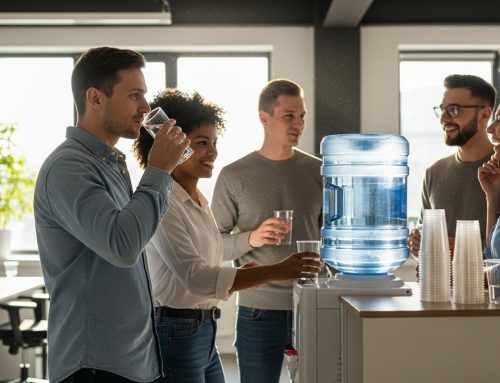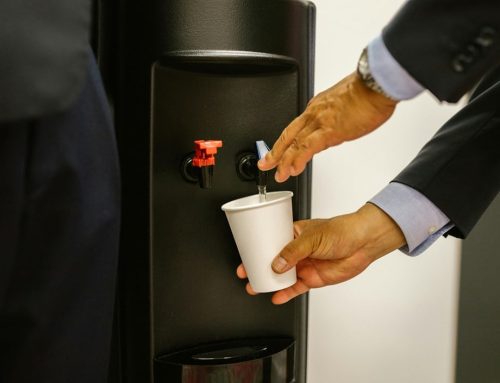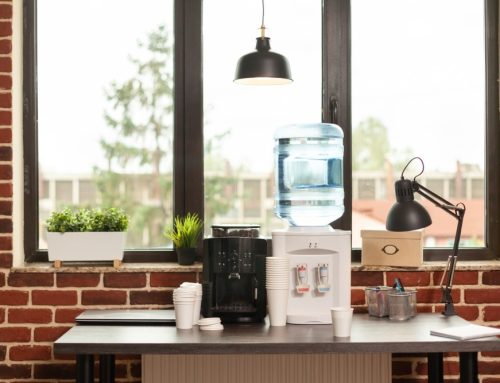 According to a study conducted by Ceres, a sustainable business consortium based in Boston, most companies are falling short of good water management which is going to mean that food prices which are already high are going to rise even more in the near future.
According to a study conducted by Ceres, a sustainable business consortium based in Boston, most companies are falling short of good water management which is going to mean that food prices which are already high are going to rise even more in the near future.
Ceres assessed 37 companies using publicly available data, such as corporate financial and sustainability reports to make its assessments, and the results were not encouraging; 31 out of the 37 scored less than 50 out of 100.
Where Are Companies Falling Short in Good Water Management?
According to the report, most companies do not have incentives in place for improving water conservation or reducing water pollution, either internally or for their farmers or processors. Most of them are also not tracking water use beyond their own operations, and this is a massive oversight as some of the major water use is from their supply-chain.
Kellogg, one of the 6 companies to score more than 50 (54), is well on track to meet its 2015 goal of reducing its water usage per metric ton of food production by 15%-20% from 2005 levels. It has also set new goals for 2020, and has instituted several water conservation projects and also a plan to work with farmers to protect their watersheds and use water and fertilisers more efficiently.
Other companies are also taking steps to ensure better water management, such as Dean Foods, Molson Coors, Campbell Soup and Unilever, who offer their executives financial incentives for achieving water management goals.
Unfortunately others, who scored between 6 and 10 in the assessment, are not that open to the results and say that they are doing their bit to conserve water. While some of them do have some measures in place, it is not enough and they will need to do more to conserve water and keep food prices affordable.
Some measures that the industry should take, according to Ceres, is that companies should work more closely with their suppliers to collect data, secure water supplies and improve water conservation. It also suggests that Business should involve itself in watershed protection and regularly report water risks to their Boards so that steps can be taken to minimise the risks.
New standards need to be developed for reporting and data collection, and this should be utilised to make decisions on water-use and savings that provide industry-wide solutions.
Living-Water provides office water cooler and water dispensers to companies in London. Get water cooler accessories from Living-Water.





